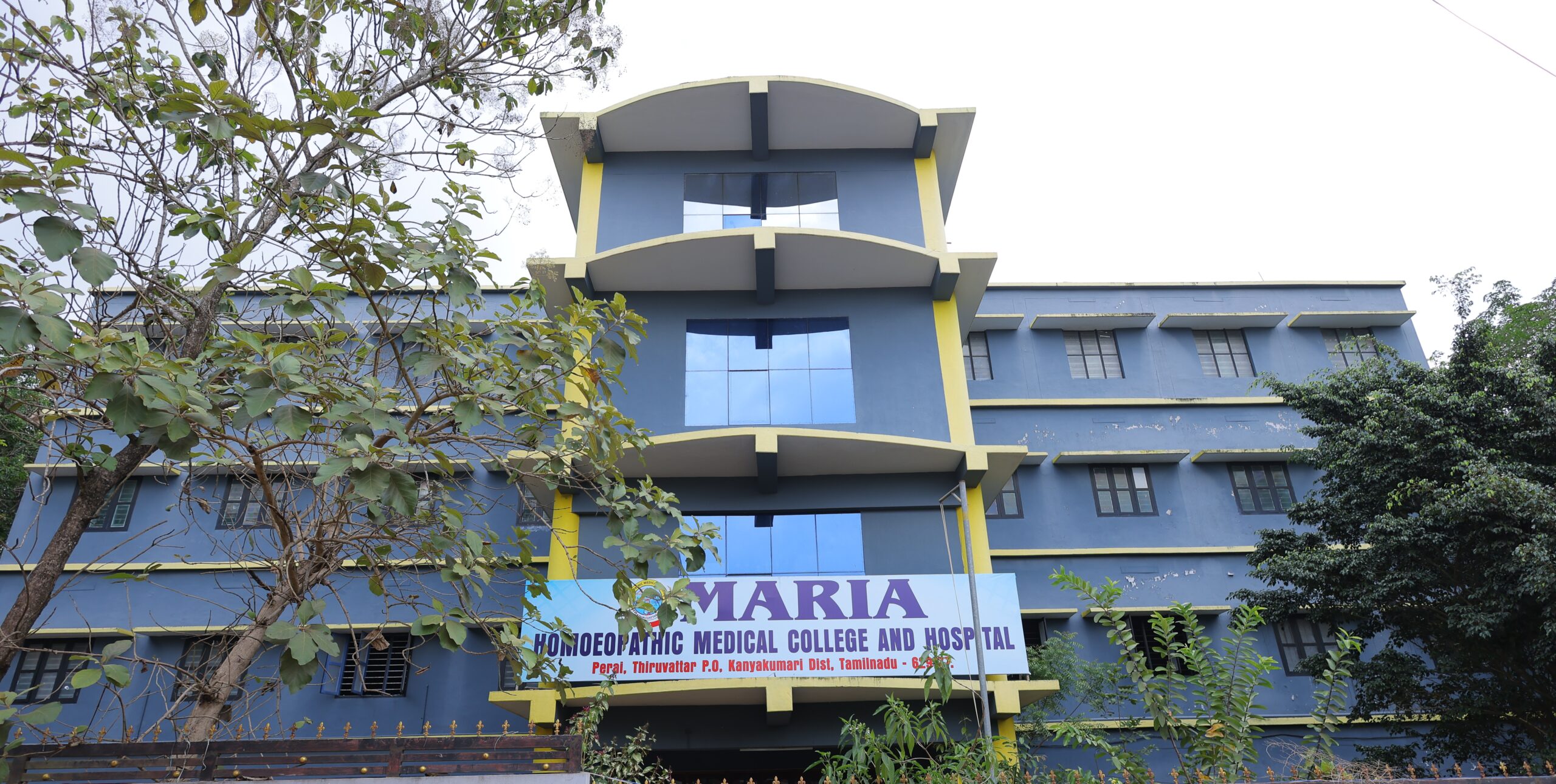Program Outcome
At the end of the course of the undergraduate studies, the Homoeopathic physician must
PO1 Develop knowledge, skills, abilities and confidence
PO2 Correctly assess and clinically diagnose common clinical conditions
PO3 Identify and incorporate the socio-demographic, psychological, cultural, environmental & economic factors
PO4 Recognize the scope & limitations of Homoeopathy
PO5 Develop the capacity for critical thinking, self reflection and a research orientation
PO6 Develop an aptitude for lifelong learning to be able to meet the changing demands
PO7 Develop necessary communication skills & enabling attitudes to work in various health care settings
PO8 Contribute towards larger goals of national health policies
PO9 Be willing and able to practice Homoeopathy as per medical ethics and professionalism

